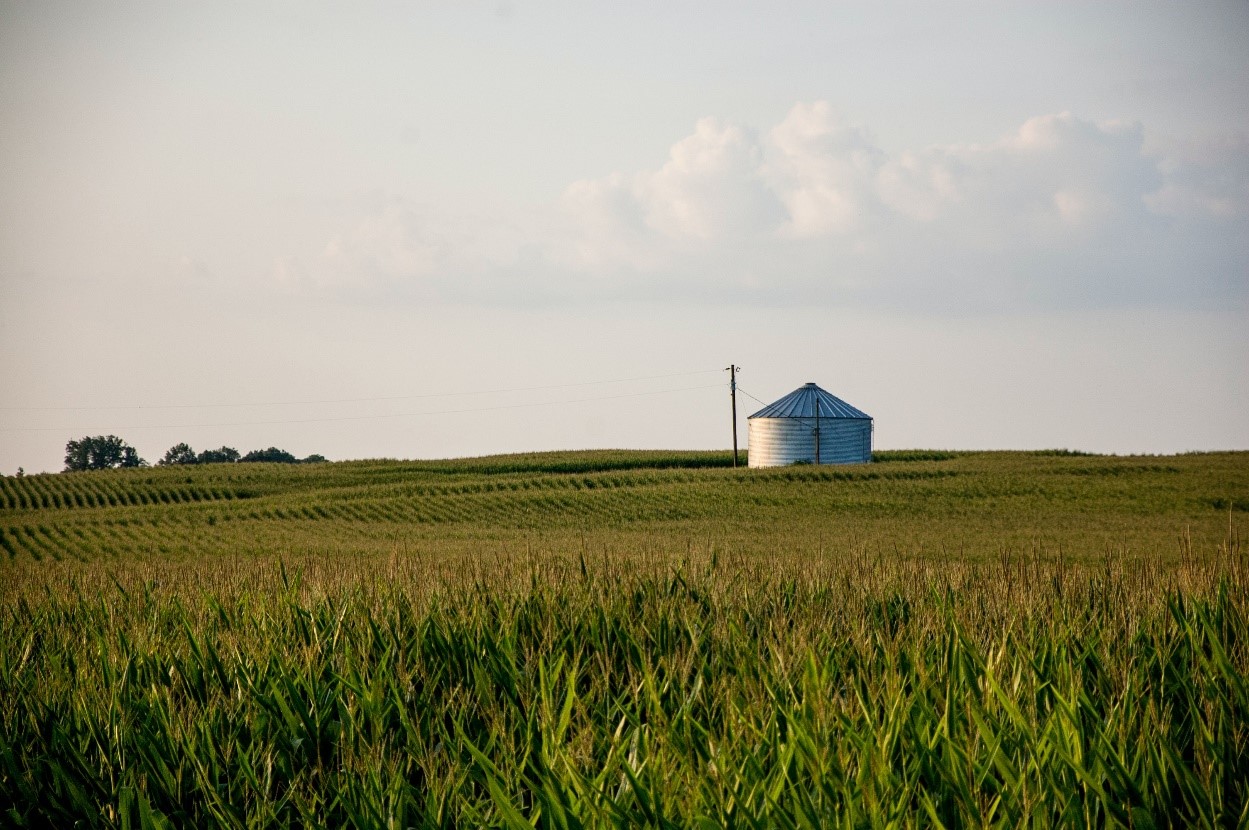
By Shafiya Hussein, Grains Biosecurity Officer, South Australia
Australia’s grains industry produced a record 67.3 million tonnes of winter crops in the 2022/2023 season, with wheat production topping the list at 39.2 million tonnes (ABARES, 2023).
While a bumper harvest is good news, the presence of pests and diseases remains a constant threat to the industry. By being aware and adopting simple and effective on-farm biosecurity measures you can help prevent the spread of pests and diseases, protecting your farm and your livelihood.
A grain grower’s best defence against pests and diseases is implementing a farm biosecurity plan. These simple but effective guidelines will help protect your farm and maintain crop and livestock health, leading to increased profitability.
To assist in learning more and adopting biosecurity practices, growers in South Australia, New South Wales, Western Australia, Queensland, and Victoria have access to a Grains Biosecurity Officer (GBO), who is responsible for the delivery of the Grains Farm Biosecurity Program (GFBP).
Launched in 2007, the program is managed by Plant Health Australia (PHA) and funded by growers through Grain Producers Australia.
The GFBP is an initiative to improve the management of, and preparedness for, biosecurity risks in the grains industry at the farm and industry levels.
The program’s farm biosecurity plan for grain producers, is an easy-to-follow template that includes practical steps to prevent, eliminate and minimise biosecurity risks on your property.
A farm biosecurity plan is an essential and effective tool for all grain growers and is a crucial first step in defining your biosecurity practices and procedures. Download the farm biosecurity plan for grain producers and consult your state GBO for assistance to complete the template.
An annual update to a farm biosecurity plan is important to:
The GBO team is responsible for providing expert advice, risk assessment, extension activities that encourage biosecurity prevention, planning and preparedness, surveillance, and response. They also promote and facilitate surveillance for high-priority grain pests and grain industry preparedness activities. The team develops and delivers training materials to assist growers and other stakeholders in identifying high-priority grain pests, managing farm biosecurity risk and benchmarking their progress, and contribute to incursion preparedness and response.
For more practical resources including fact sheets, videos, how-to guides, online training and strategies to assist in managing grain farm biosecurity risks, visit the Grains Farm Biosecurity website or contact your state Grains Farm Biosecurity Officers:
| State | Grains Biosecurity Officers | Contact | ||
| SA | Shafiya Hussein | 0437 723 295 | shafiya.hussein@sa.gov.au | |
| QLD | Kym McIntyre | 0429 727 690 | kym.mcIntyre@daf.qld.gov.au | |
| NSW | Kate Glastonbury | 0417 687 307 | kate.glastonbury@dpi.nsw.gov.au | |
| VIC | Jim Moran | 0418 377 930 | jim.moran@agriculture.vic.gov.au | |
| WA | Jeff Russell | 0447 851 801 | jeff.russell@dpird.wa.gov.au | |